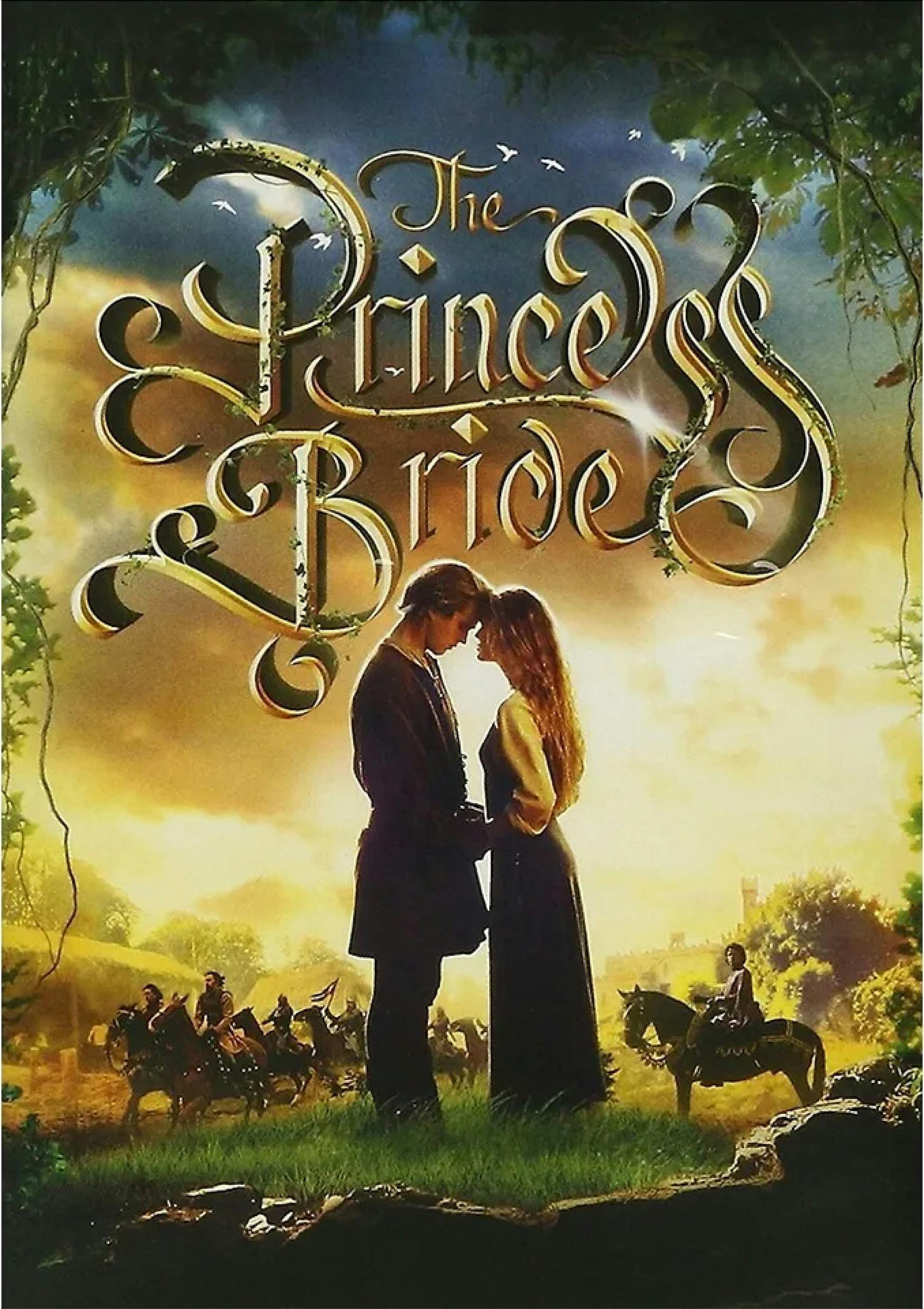An inconceivable afternoon: "The Princess Bride" in concert
The Boston Pops Orchestra is bringing fairy tales to life with their live film score performances.
On Saturday, Sept. 13, the Boston Pops Orchestra began their “In Concert” series, where the renowned musicians perform a film’s score in time with its projection, with a showing of Rob Reiner’s 1987 classic “The Princess Bride.” The next day, at the Sept. 14 matinee experience, swaths of young families, cinephiles and Bostonians flocked into the symphony hall. Children dressed as the main characters Westley and Buttercup ran through the aisles while older groups of friends sipped wine, reminiscing about seeing the film in their youth.
For those uninitiated, “The Princess Bride” is a cult classic following a young boy being read the titular novel by his visiting grandfather. The boy wants nothing to do with romance, princesses and worst of all, kissing. Though his grandfather promises to tell a tale of pirates, poison and giants. With hesitation, the boy agrees to the story and we enter the kingdom of Florin to meet Buttercup and Westley, who are each other’s true love. Though, when Westley is thought to be dead, Buttercup is promised to marry the dastardly Prince Humperdinck and kidnapped by a trio of foes. What ensues are fantastical sword fights, schemes and miracles made all the more daring when backed by live orchestration.
Fanning out from across the stage, the sounds of brass, percussion and string instruments fill the room as the initial credits and title sequence begins. In this section, the film’s overture taunts the audience with what is to come as brash drum beats fade into subtle violin swells. Then, the title card itself appears to raucous applause. In this moment the film becomes transcendent; the audience is a character of this showing with our power to interact with the tangibility of the orchestra.
The simple fact of the music being performed live before you does make an impact. Each pluck of a string or raised hand of the conductor is noticeable. Most amazing was how moments of pure silence came in and out. The sharp freezing of violinists, cellists and bassists or the quick lowering of trumpets and trombones was almost jolting. Yet the slow rise back into performing positions announced the return of the ethereal score before a single note is ever played.
Unique to film scores is the necessary timing of actor movements to sounds. In a scene where Buttercup falls off of a boat and is surrounded by shrieking eels, the large bang of a drum hits just as Fezzik the giant’s hand comes down on one of the creatures saving the princess.
Similarly, in one of the more memorable moments in the film, the world’s greatest fencer, Inigo Montoya, faces off with his father’s killer, the six-fingered man. Chasing the man, Inigo runs down a winding staircase until bam! Trumpets and drums align with a sword entering Inigo’s torso. In shock, the six-fingered man strikes him again to more chilling trumpet blares. Even if the audience has seen the scene before, the sonic barbarity is enhanced by the intimate sounds.
Nonetheless, there are moments the orchestra seemed to slip away and the actors on screen commanded the room. The Miracle Max segment is the clearest example of such because when Billy Crystal, playing Max, began fussing over Westley’s “mostly-dead” body, the audience erupted in laughter. For the entirety of the not-more-than-10 minutes scene, to glance away from Crystal to the orchestra would be sacrilege for any die-hard fan of “The Princess Bride.”
The work of conductor Keith Lockhart is commendable for his ability to organize the more-than-two-hour show. Though in his 30th year with the Boston Pops, Lockhart is a symbol of the skill and dedication of the musicians. Since the mid-1990s, Lockhart has also collaborated with actor Mandy Patinkin, who plays Inigo Montoya in “The Princess Bride.” However, Patinkin has been a friend of the Boston Pops since the late 1980s, performing as a vocalist on and off with his last showing in the 2015-16 season.
While not necessarily the reason the film was chosen as part of the “In Concert” series, the films chosen always seem to bear a significance to the orchestra. In fact, on Oct. 30 and 31, the Pops have chosen to perform “Hocus Pocus,” which takes place nearly next door in Salem, Massachusetts, and the original film version of “The Phantom of the Opera,” a clear homage to theatre musicians.
Hopefully, this series continues season after season as the perfect experiential intersection for cinephiles and music lovers alike.




Please note All comments are eligible for publication in The Justice.